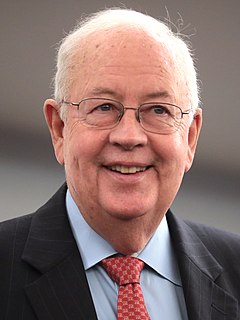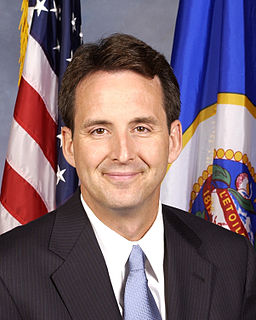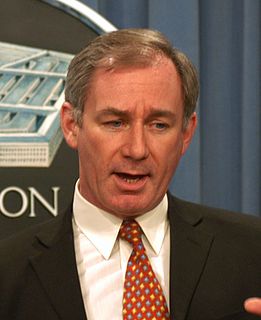A Quote by Ken Starr
After an extensive investigation, the office produced a report that addressed the many questions that confronted the difficult issues, it laid out new evidence, and it reached a definitive conclusion.
Related Quotes
I remember the president-elect [Donald Trump] saying that I`m going to do something to dramatically, positively change communities, particularly in urban areas, and I think we`ve got to hold his feet to the fire to all those issues as well as all the issues that you addressed, you and many others addressed yesterday as it relates to criminal justice, as it relates to voting oppression.
Matt Lauer asked her [Hillary Clinton] tough questions, in fact, questions that should have been asked and followed up on by the FBI in their investigation where they came to a rosy conclusion. So to me, this was actually very helpful. And I think obviously it was big moment there, right out of the bat when we had the naval officer who really put it to Hillary and said listen .
My question is about the head of the Office of Government Ethics. Is he acting ethically when he sent out nine tweets praising Donald Trump saying that his plan was brilliant. How did he come to that conclusion? And how does come to his current conclusions having never done an investigation and never looked at the paperwork in the point where he can actually come to a reasonable conclusion?I think that's unethical.
Trump and Barr both insist that he has been cleared, but that's not what more than 1,000 former federal prosecutors who read the Mueller report say: The evidence described in the report would lead to an indictment of anyone else in the country. If that's right, we simply cannot have a president who remains in office because of a technicality.
What should we think of someone who never admits error, never entertains doubt but adheres unflinchingly to the same ideas all his life, regardless of new evidence? Doubt and skepticism are signs of rationality. When we are too certain of our opinions, we run the risk of ignoring any evidence that conflicts with our views. It is doubt that shows we are still thinking, still willing to reexamine hardened beliefs when confronted with new facts and new evidence.
It is easy now for critics to claim that the work was poor; they haven't produced their own analyses or confronted any of the hard questions. For example, would they say that no technique beyond shouted questions could be used to interrogate a high-level terrorist leader, such as Osama bin Laden, who knows of planned attacks on the United States?
But lack of evidence, if indeed evidence is lacking, is no grounds for atheism. No one thinks there is good evidence for the proposition that there are an even number of stars; but also, no one thinks the right conclusion to draw is that there are an uneven number of stars. The right conclusion would instead be agnosticism.
I was very struck by the fact that Colin Powell said he would produce evidence and then never produced it. Then Tony Blair produced a document of seventy paragraphs, but only the last nine referred to the World Trade Center, and they were not convincing. So we have a little problem here: If they're guilty, where is the evidence? And if we can't hear the evidence, why are we going to war?



































